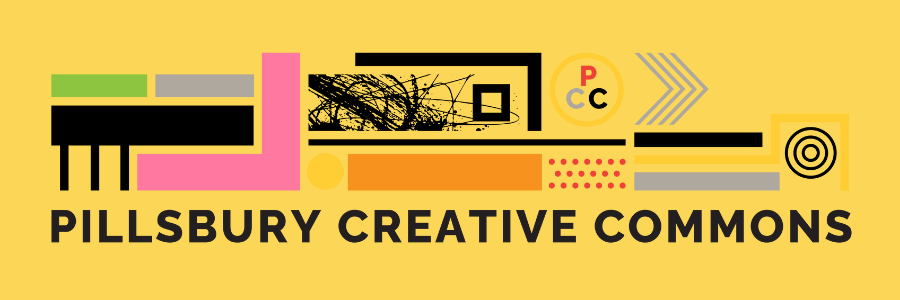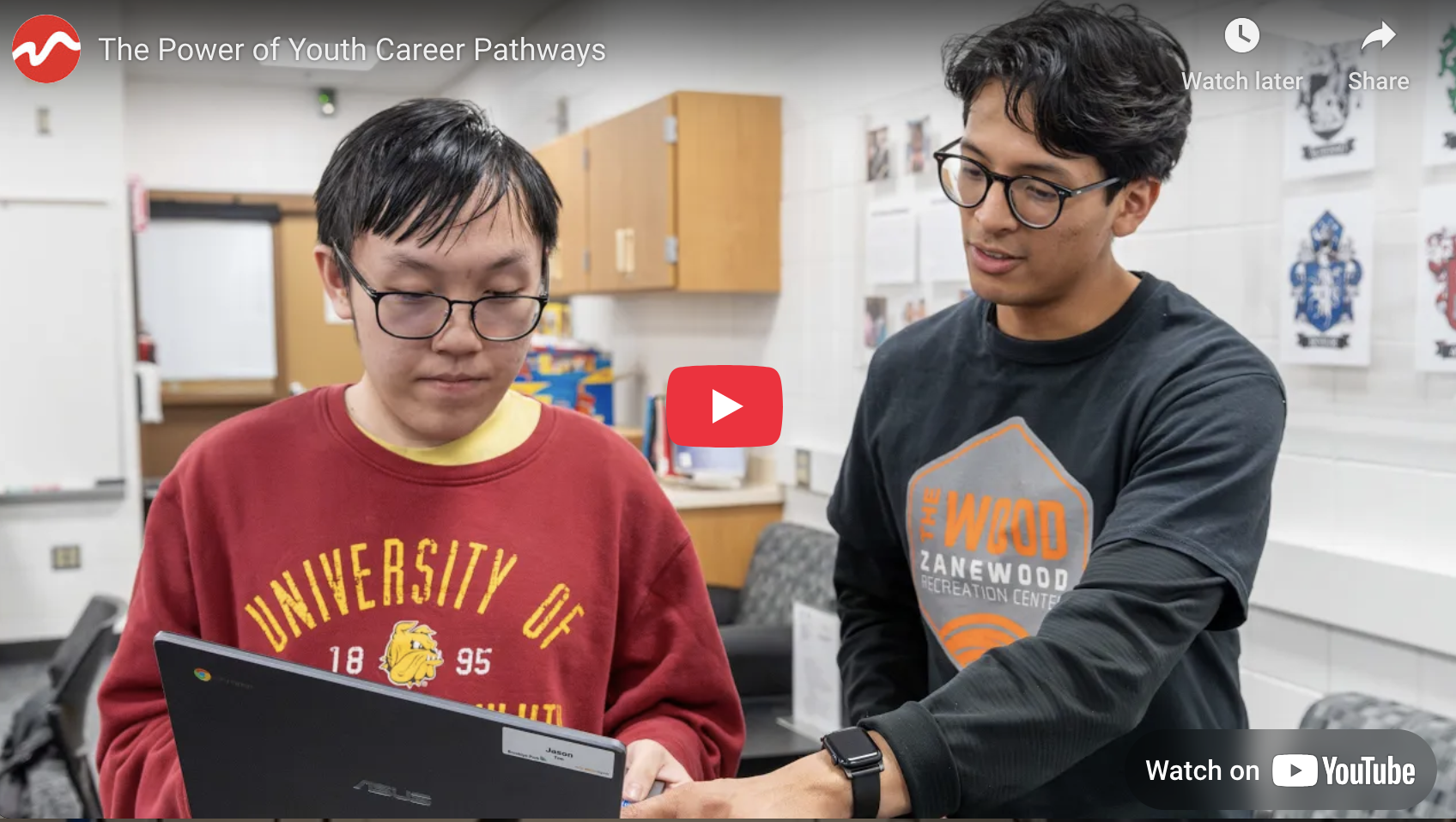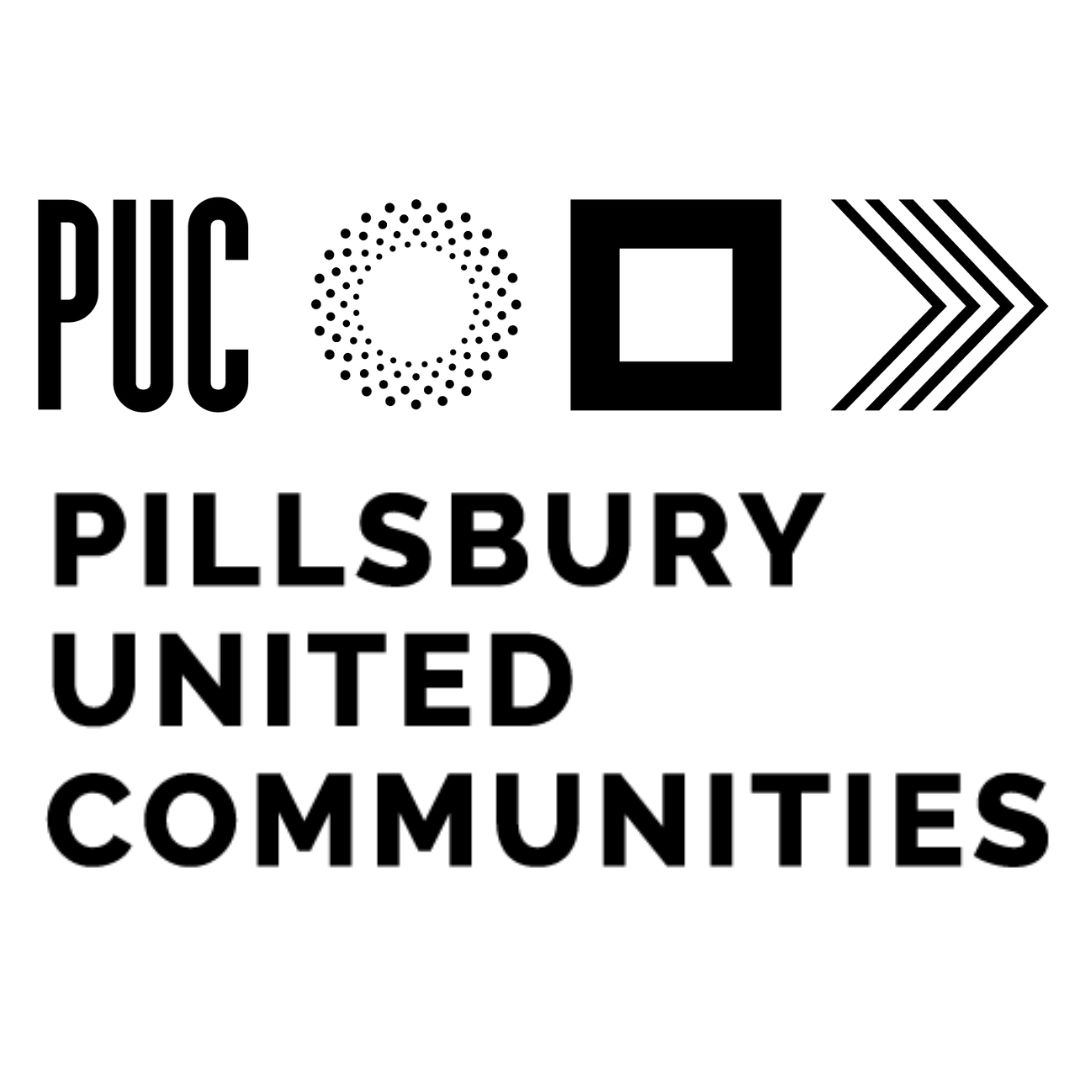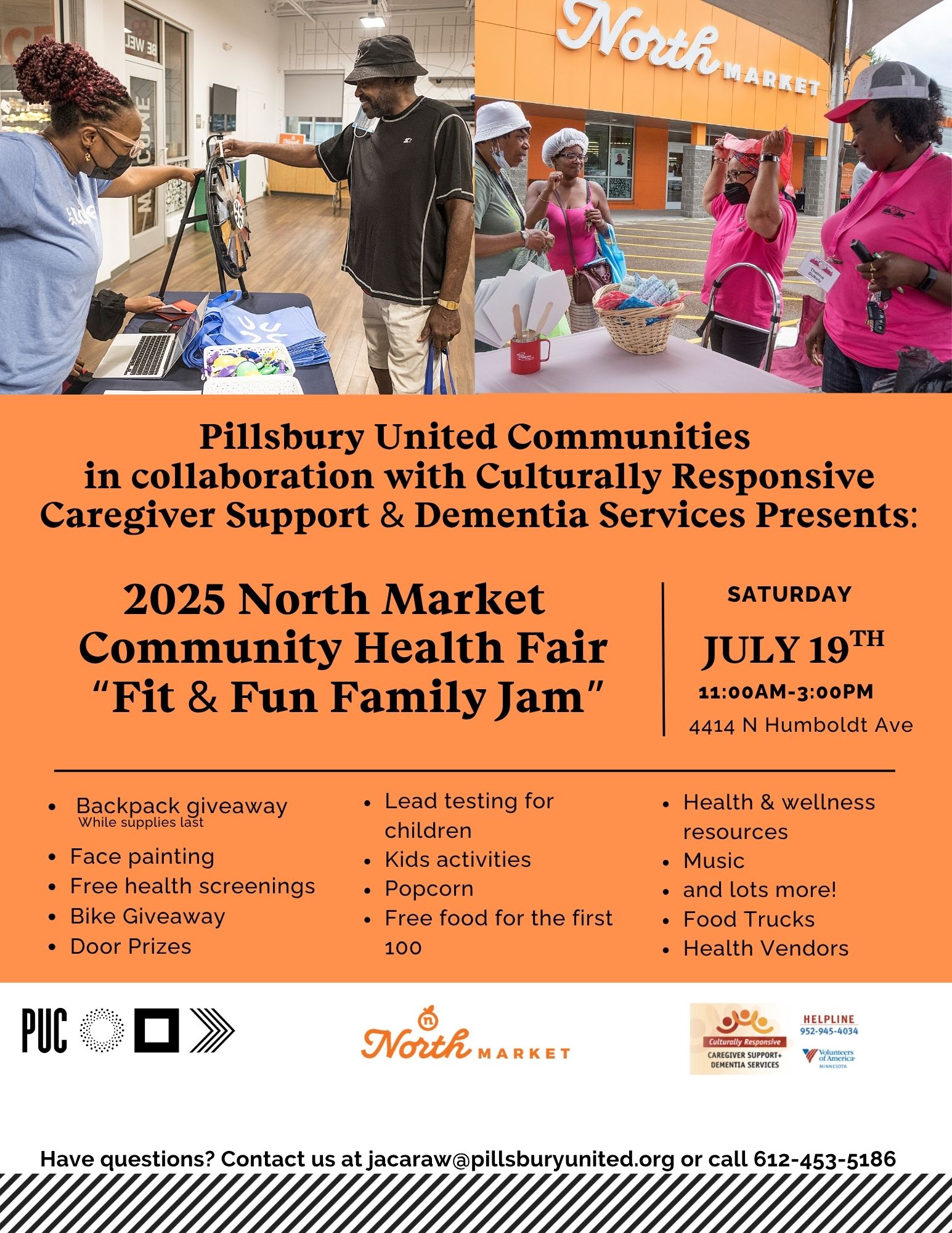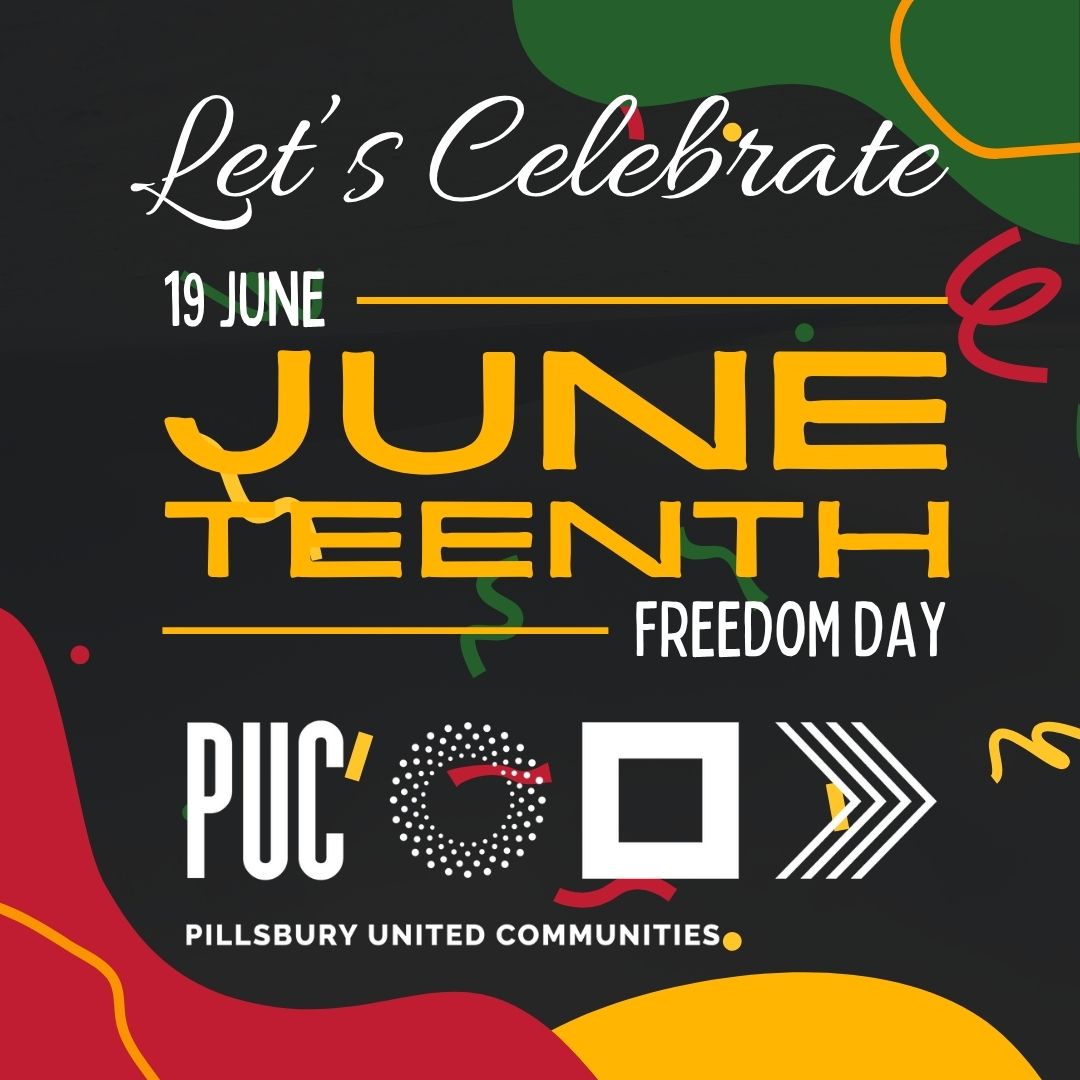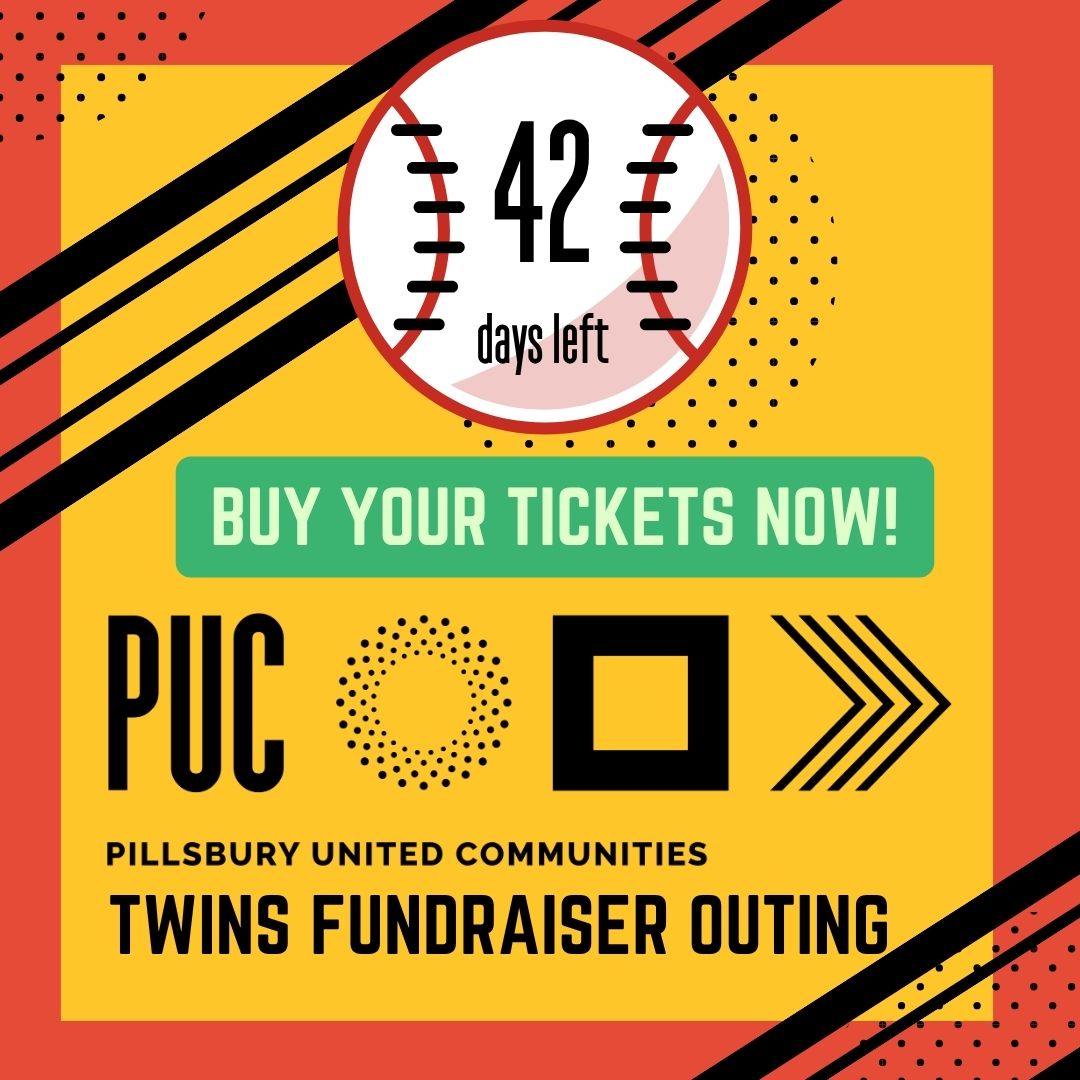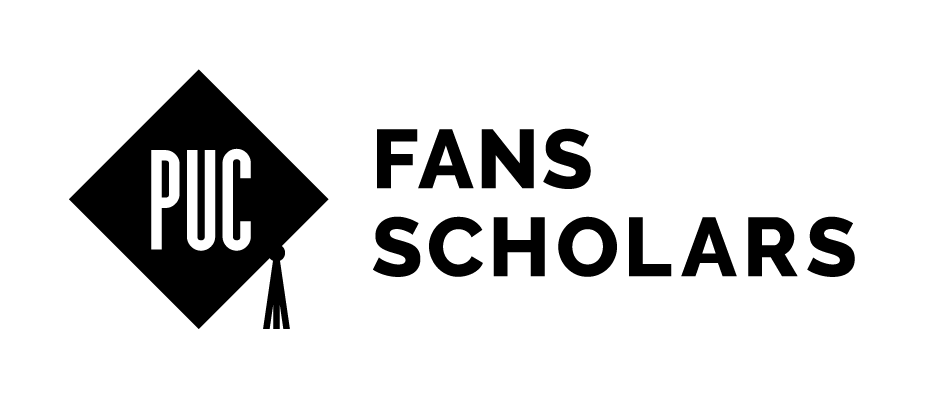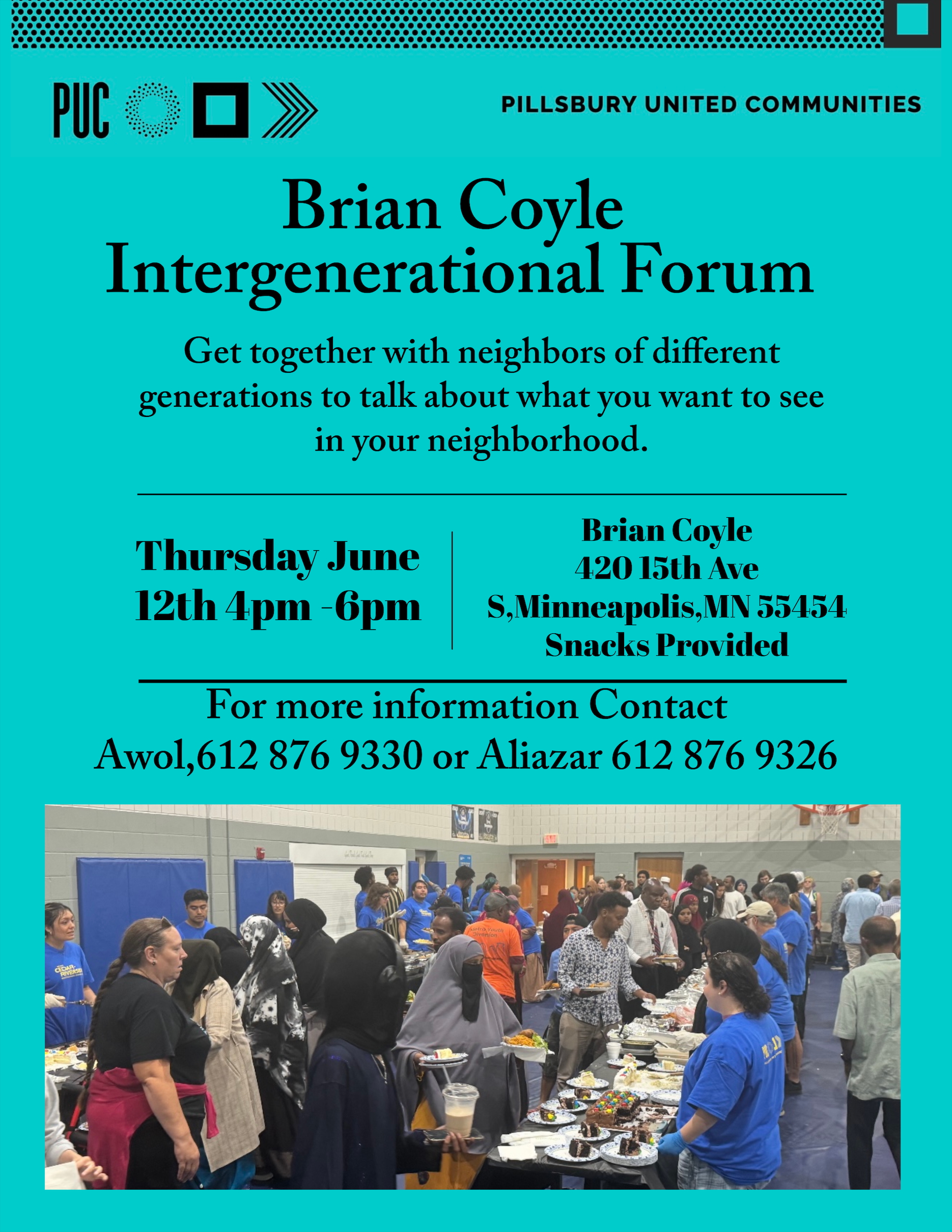
June 25 @ 5:30 pm – 8:30 pm
Take PRIDE in Yourself: An LGBTQ+ Resource Fair
Lush Lounge and Theater 990 NE Central Ave, Minneapolis, MN, United States
Neighborhood HealthSource and LUSH Lounge and Theater invite you to kick off your PRIDE weekend at Take PRIDE in Yourself: An LGBTQ+ Resource Fair! There will be FREE HIV rapid testing, STI testing, PrEP consultations with a qualified provider, MNsure information, community resources, and more! This exciting event will be held 5:30-8:30pm Wednesday, June 25th, […]
June 25 @ 7:00 pm – 9:00 pm
Twin Cities Queer Transplant Group
Quatrefoil Library 1220 E Lake St, Minneapolis, MN, United States
The Twin Cities Queer Transplant Group is a new community meetup for folks who have recently relocated to the Twin Cities. Drop by to meet new people, learn about local LGBTQIA+ resources, chat, and share your favorite Twin Cities discoveries! Locals, partners, and family welcome. Meetings hosted every 4th Wednesday at Quatrefoil Library. Questions and […]
June 27 @ 7:00 pm – 8:00 pm
Dignity Twin Cities Pride Liturgy
Prospect Park United Methodist Church 22 Orlin Ave SE, Minneapolis, MN, United States
Dignity Twin Cities is a small Christian community that, in the tradtion of Liberation Theology from Latin America, provides a spiritual base for lesbian, gay, bisexual, and transgender Catholics, their families and friends. We are also an activist organization that works to change the antiquated sexual theology of the Roman Catholic Church. Join us as […]
June 27 @ 7:30 pm – 9:30 pm
Minnesota Philharmonic Orchestra Pride Concert: Love Letters
St. Mark’s Episcopal Cathedral 519 Oak Grove St, Minneapolis, MN, United States
A prince’s love breaks a sorcerer’s curse. A Vietnamese son writes letters to his mother, who cannot read, exploring their fraught family history and unfolding the relationship with his first love. A Finnish composer protests censorship of the press through what would become a second national anthem for his liberated nation. The MPO’s Pride concert shares […]
June 28 – June 29
Loring Park 1382 Willow St., Minneapolis, MN, United States
The Twin Cities Pride Festival is Minnesota’s second largest festival and the largest FREE Pride festival. Highlighting the best in LGBTQIA+ entertainment on 3 stages, featuring over 650 vendors, including LGBTQIA+ & BIPOC community resources, artists, and businesses. Learn more here!
June 28 @ 11:00 am – 12:00 pm
Fulton Brewing Co. 414 N 6th ave, Minneapolis, United States
Prana&Pints is partnering with Fulton Brewing Co. to bring you a awesome fundraiser event!! This event will bring you an all inclusive yoga class, beverages, and a whole lotta fun! Cost is $30. This includes 1hr of yoga, 2 beverages tickets, and for each ticket sold $10 will go to Rainbow Wardrobe 🙂 We are […]
June 28 @ 11:00 am – 2:00 pm
Hey Y’all 2501 Marshall Street Northeast, Minneapolis, MN, United States
HEY Y’ALL — IT’S PRIDE! Join us at Hey Y’all (formerly Betty Danger’s) for a fabulous day of food, drinks, and drag with POWER Drag Revue! Expect high-energy performances, fierce looks, and all the Pride vibes while Hey Y’all serves up tacos and cocktails. All are welcome — come celebrate love, identity, […]
June 29 @ 2:00 pm – 7:00 pm
Dome Darty: Pride Above the City ft. Vogue Down Minneapolis & DJ Shannon Blowtorch
Sheraton Minneapolis Downtown Convention Center 1313 Nicollet Mall, Minneapolis, MN, United States
This Pride Sunday, the celebration doesn’t stop at the parade— it rises 14 floors above the city at the Pride Dome Darty, an electrifying afterparty hosted inside Sheraton Minneapolis Downtown Convention Center’s stunning 14th floor Dome. With 360° views of downtown, this immersive event is your chance to dance, sip, and slay as the sun […]
